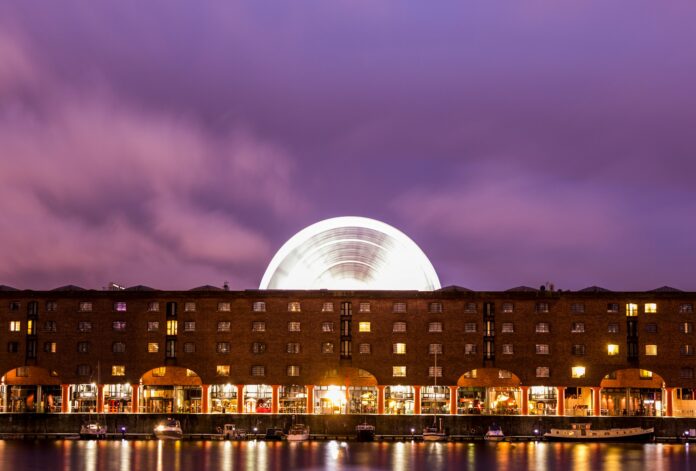Relocating to a new country is an adventure that comes with its own set of challenges and excitements. For Brits considering a move to the Far East, Beijing stands out as a city of profound history, vibrant culture, and burgeoning opportunities.
Settling In Smoothly As An Expat In Beijing
Moving to a new city, especially one as vast and complex as Beijing, requires a bit of know-how to navigate the initial hurdles. Here are some tips to help you settle in as smoothly as possible:
Banking For Expats
When it comes to banking, expats in Beijing often opt for international banks with a strong presence in China, such as HSBC or Standard Chartered, as they offer services that are more aligned with expat needs. These banks provide English-speaking staff, online banking in English, and the ability to transfer money internationally more easily.
However, it’s also worth considering Chinese banks such as Bank of China or China Merchants Bank, which have extensive local networks. To open an account, you’ll typically need your passport, a Chinese mobile number, and proof of residence. Some banks may also require a work permit or visa.
Transportation Cards
Beijing’s public transport system is efficient and the easiest way to get around. The Yikatong card is a rechargeable smart card that can be used on buses, subways, and even in some taxis. You can purchase and top up a Yikatong card at any subway station. For convenience, there’s also a mobile app version that can be linked to your smartphone’s payment system.
Receiving Packages
Receiving packages can be a bit tricky due to language barriers and address complexities. To ensure smooth delivery, it’s best to have your address written in Chinese. Most expats use the delivery address of their workplace or have packages delivered to a nearby convenience store (such as 7-Eleven or FamilyMart) that offers package holding services.
For international packages, be aware that customs may hold your items, and you might be required to pay a fee to release them. If friends or family have packages they wish to send to China, using international courier services like FedEx or DHL can sometimes help in tracking and receiving international shipments more reliably.
Health Considerations
Healthcare in Beijing varies from local clinics to international hospitals. Expats often prefer international hospitals such as Beijing United Family Hospital or Peking Union Medical College Hospital, which offer a higher standard of care and English-speaking staff. It’s advisable to secure comprehensive health insurance that covers medical treatment in these facilities.

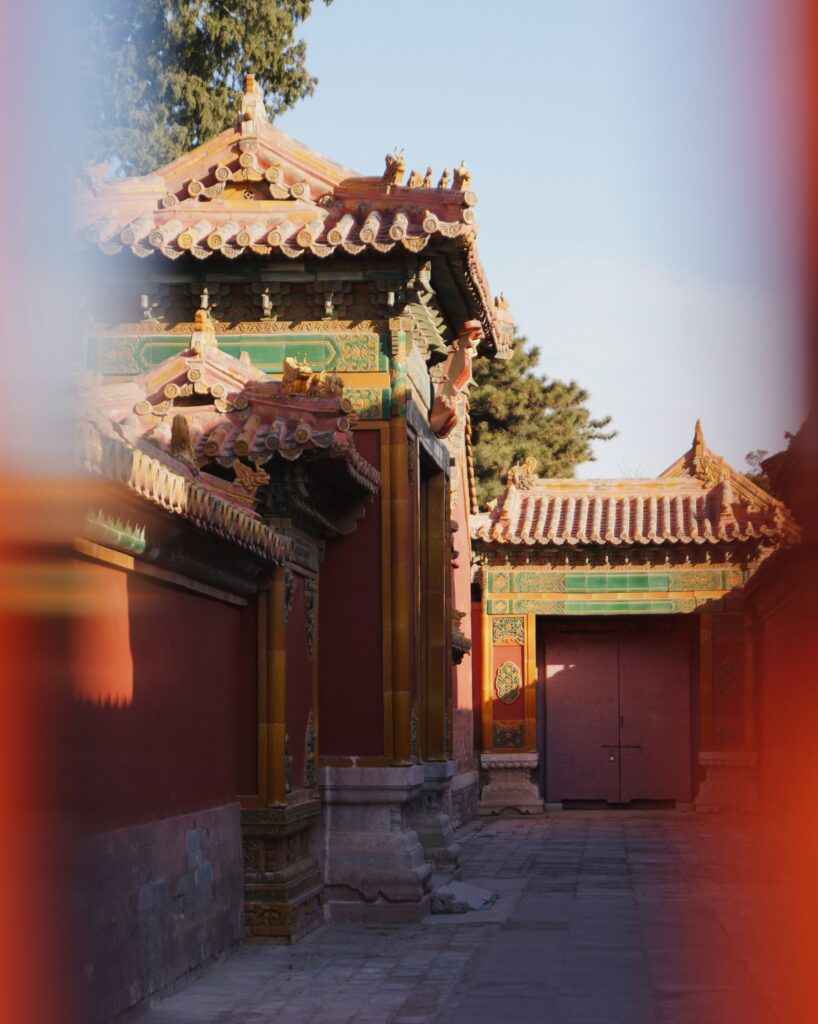

Air Quality Management
Air pollution is a significant concern in Beijing. To manage this, invest in a good-quality air purifier for your home and an effective mask with a PM2.5 filter for outdoor activities on high pollution days. Apps like IQAir provide real-time air quality readings and forecasts.
Networking & Community
Building a social network can greatly enhance your expat experience. Join expat groups on social media platforms like WeChat, which is widely used in China for both social and professional networking. Websites like Internations and Meetup are also great for finding expat events in Beijing.
Cultural Integration
While it’s comforting to find expat communities, don’t miss out on the opportunity to immerse yourself in Chinese culture. Engage with locals, try out Mandarin language classes, and participate in local festivals. This will not only enrich your experience but also help you feel more at home in Beijing.
Read: Why everyone should learn a second language
Shopping & Groceries
For groceries, expats have the option of shopping at local markets for fresh produce or at international supermarkets like Jenny Lou’s and April Gourmet, which stock many Western products. Online grocery shopping is also very popular in Beijing, with platforms like JD.com and Taobao offering a wide range of products with home delivery services.
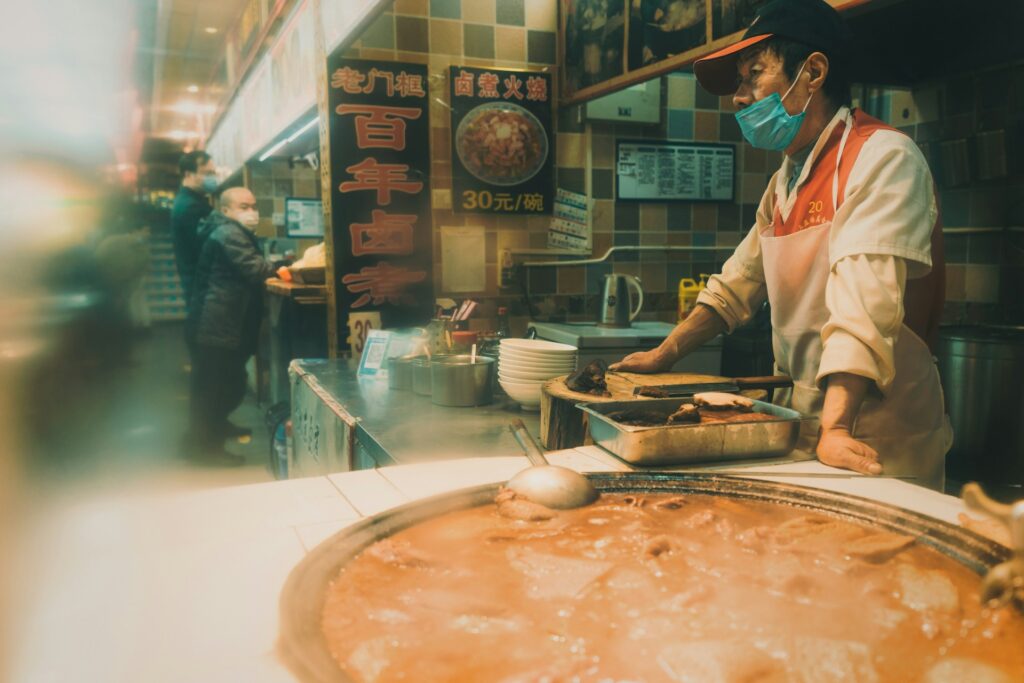
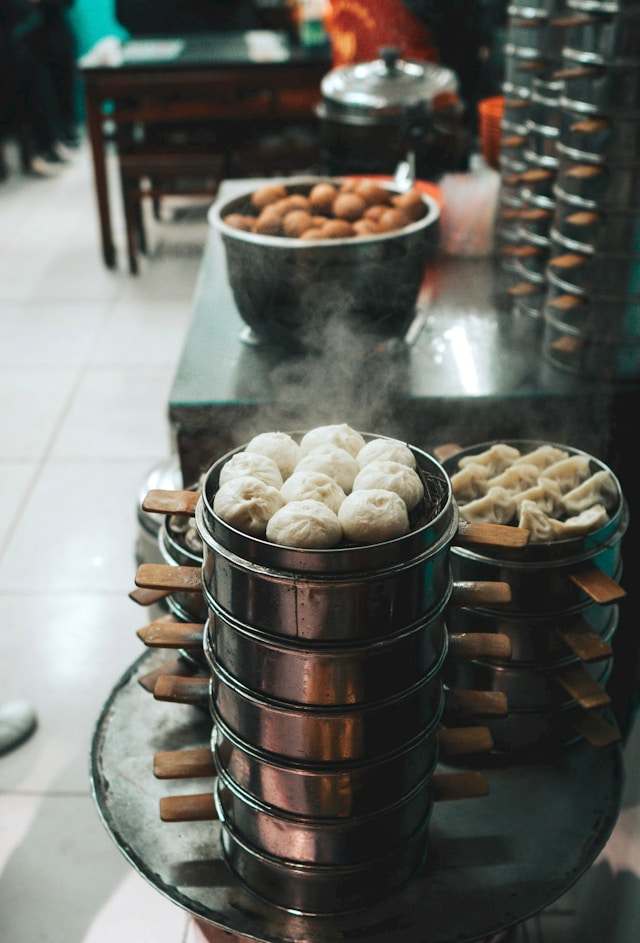
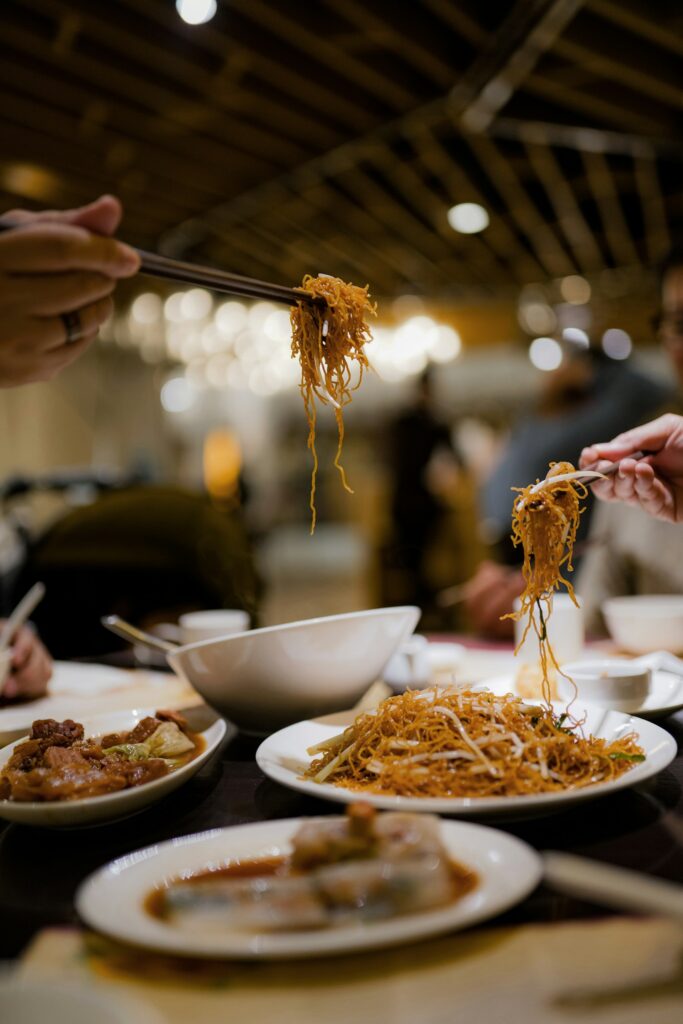
Legal Assistance
Understanding Chinese laws and regulations can be daunting. It’s wise to have a reputable legal advisor, especially if you’re dealing with contracts or setting up a business. The British Embassy in Beijing can provide a list of English-speaking lawyers.
Learning The Language
While it’s possible to get by with English in many expat circles, learning Mandarin will vastly improve your daily life in Beijing. Consider enrolling in language courses or hiring a private tutor. Language exchange meetups can also be a fun and practical way to improve your skills.
By paying attention to these aspects of expat life in Beijing, you can make your transition smoother and your stay more enjoyable. Remember, patience and a willingness to adapt are your best allies when settling into a new country.
But amidst the hustle and bustle of this sprawling metropolis, where should an expat set down roots?
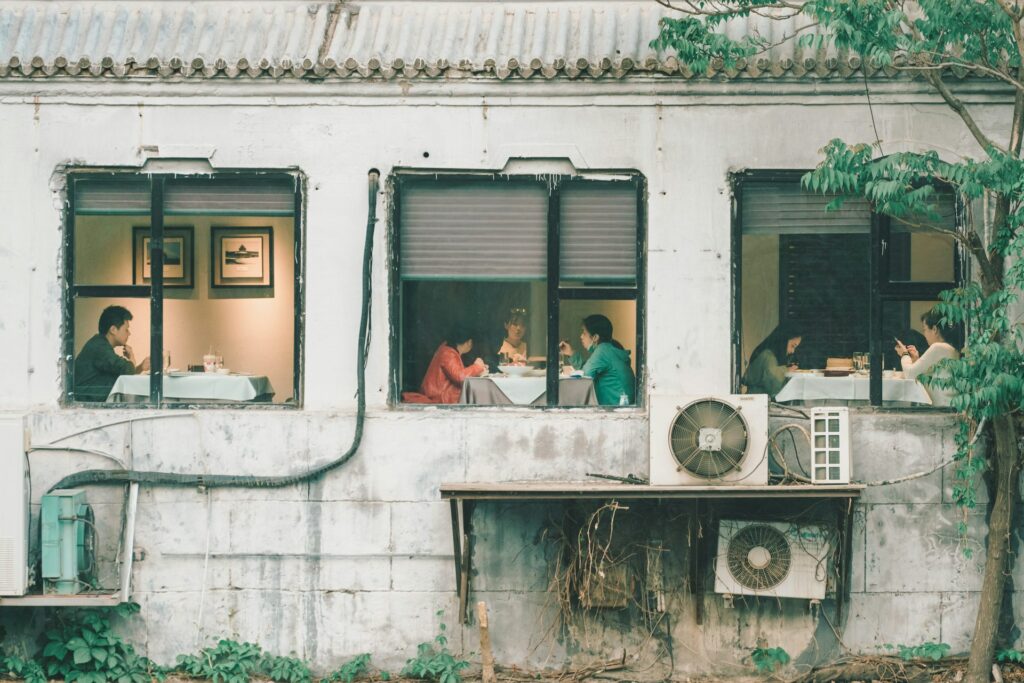
Understanding Beijing’s Layout
Before diving into the neighbourhoods, it’s essential to understand Beijing’s layout. The city is structured like a series of concentric ring roads, with the Forbidden City at its heart. Each ring road represents a step outwards from the ancient city centre, with the areas inside the Third Ring Road considered the most central.
Chaoyang District: The Expat Haven
Chaoyang is the go-to district for many expats. It’s a diverse area that hosts many foreign embassies, international schools, and a plethora of Western amenities. Within Chaoyang, areas like Sanlitun and CBD (Central Business District) are particularly popular.
Sanlitun: The Social Hub
Sanlitun is renowned for its vibrant nightlife, trendy boutiques, and the famous Sanlitun Bar Street (currently on indefinite gardening leave, for renovations, it should be noted). It’s a place where expats can enjoy a slice of home with a variety of international restaurants and bars. The area is also home to the Taikoo Li Sanlitun shopping complex, offering a mix of high-end and high-street brands.
CBD: The Corporate Core
For those moving to Beijing for business, the CBD is the city’s economic heartbeat. Skyscrapers house multinational corporations and luxury apartments, making it an ideal location for professionals. The area also boasts the Silk Street Market, where bargaining is the norm, and expats can find everything from tailor-made suits to traditional Chinese handicrafts.
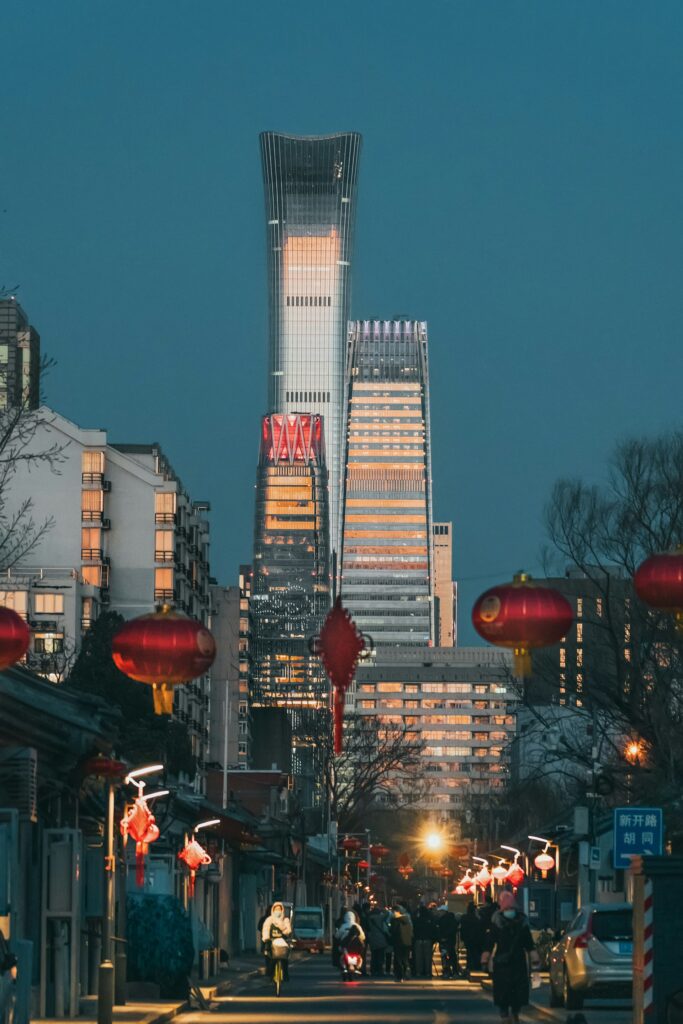
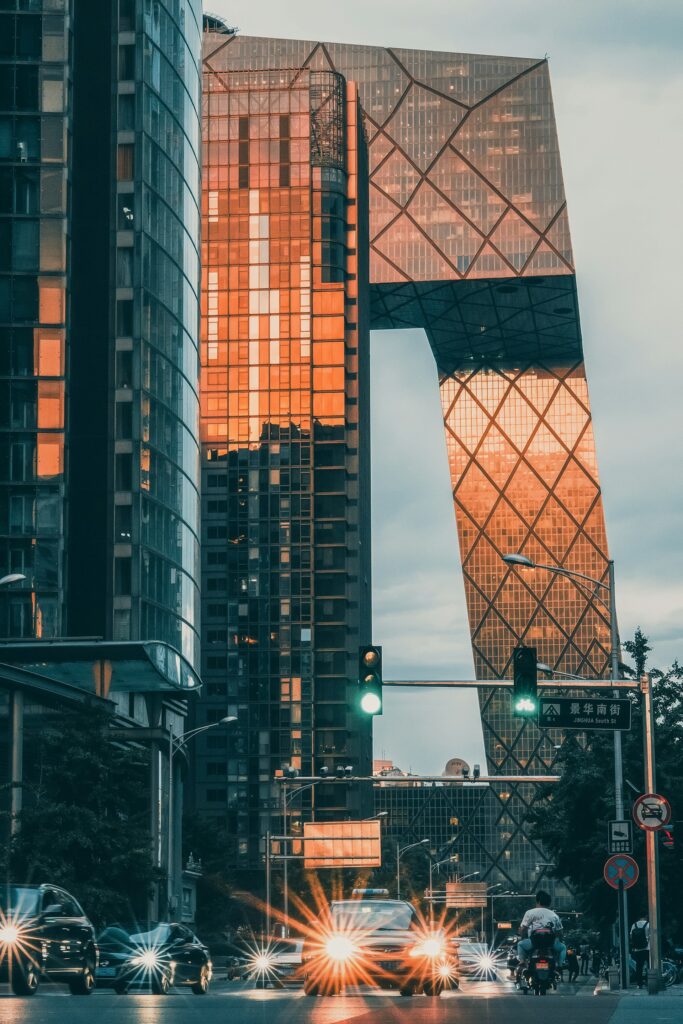
Shunyi District: Suburban Comfort
For families, Shunyi offers a more suburban feel. It’s further from the city centre but is home to many international schools and villas that cater to expat needs. The area is less crowded than central Beijing, providing a quieter environment and cleaner air – a significant consideration for those with children.
Read: 5 foods and drinks you didn’t know were from China
Haidian District: The Intellectual Hub
Haidian is the educational and technological hub of Beijing, hosting the city’s top universities like Tsinghua and Peking University. It’s a district with a youthful vibe, brimming with innovation and creativity. For expats involved in academia or tech, Haidian offers a stimulating environment with plenty of cultural exchanges.
Dongcheng & Xicheng Districts: The Cultural Hearts
Dongcheng and Xicheng are for those who wish to immerse themselves in Beijing’s rich history and culture. These districts house many of Beijing’s most significant cultural landmarks, such as the Forbidden City and Tiananmen Square. Hutongs, traditional alleyways with courtyard homes, are prevalent here, offering a truly authentic Beijing experience.
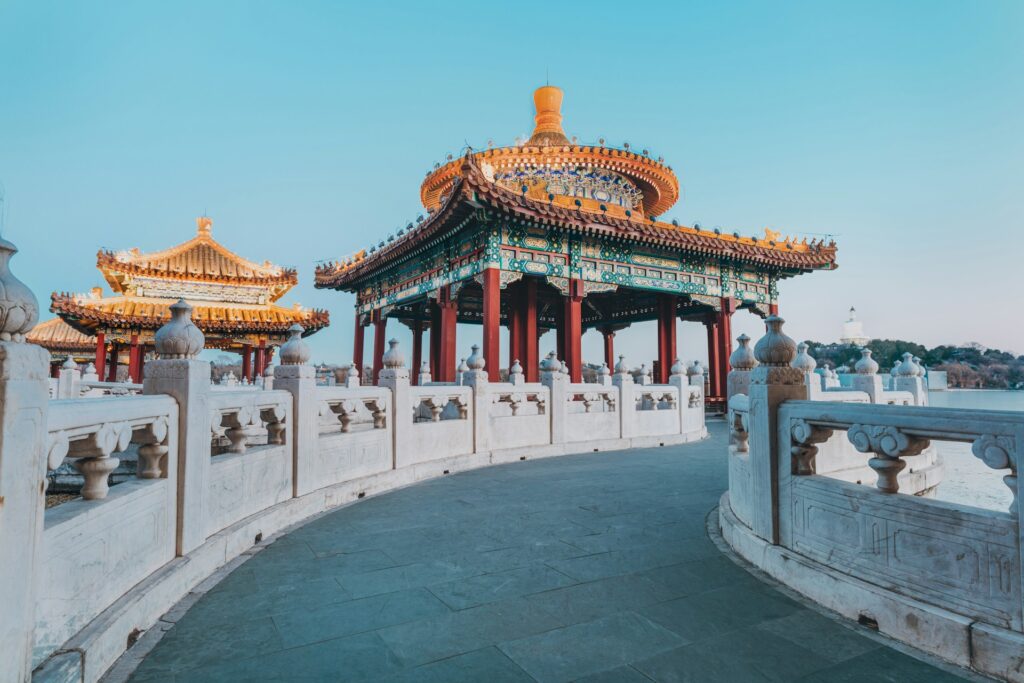
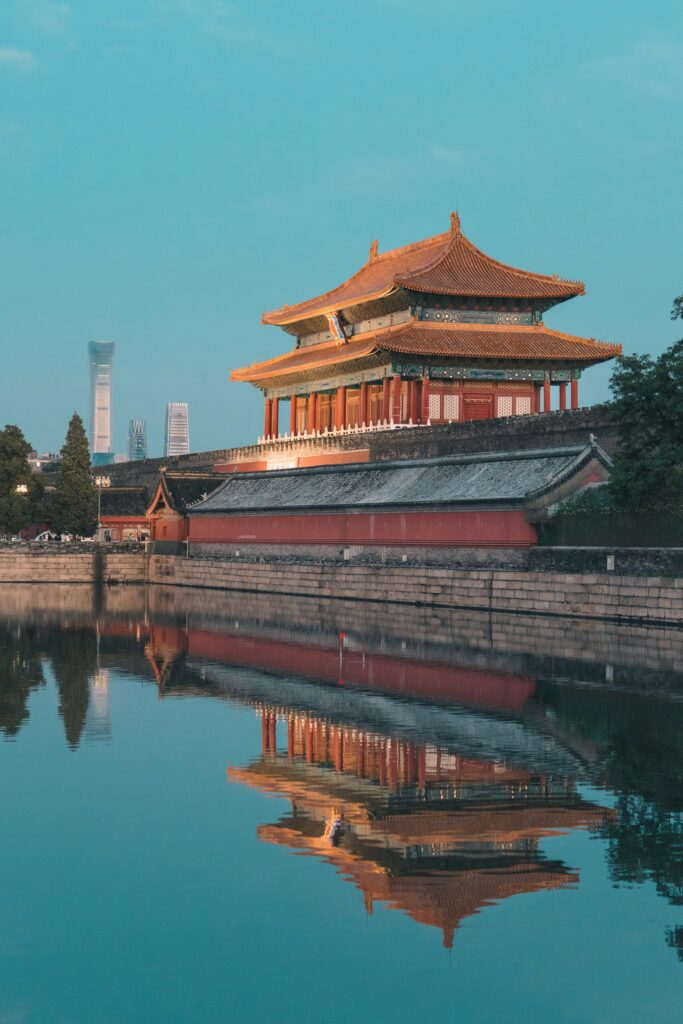
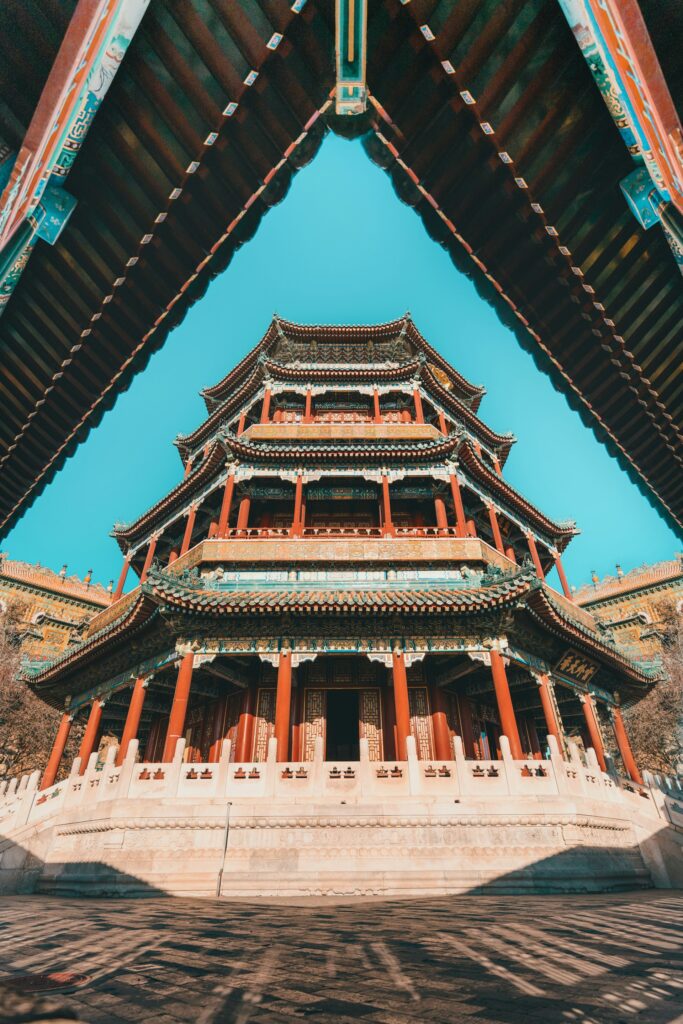
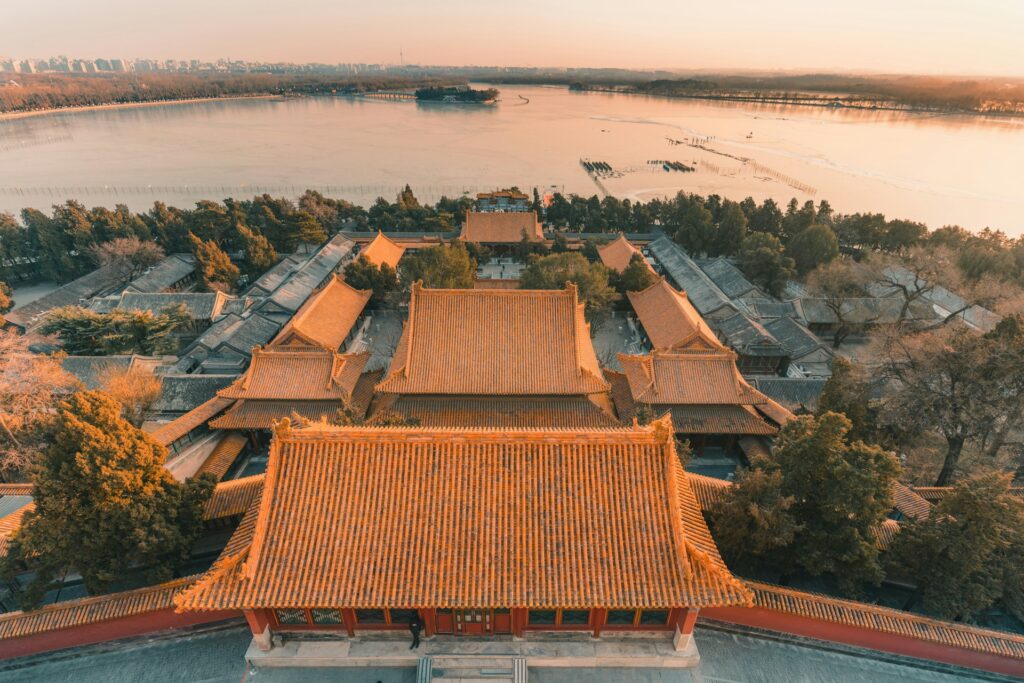
Dongcheng: The Old Meets New
Dongcheng is a blend of old and new, where you can find the bustling Wangfujing shopping street alongside serene temples. It’s a place where expats can explore Beijing’s traditional crafts and sample local delicacies.
Xicheng: The Political Centre
Xicheng is known for its political significance, containing the Zhongnanhai compound and numerous government offices. It’s also home to the famous Houhai area, where expats can enjoy lakeside walks and a lively bar scene.
The Bottom Line
Moving to Beijing from the UK is a bold step that promises an enriching experience. Each neighbourhood in Beijing offers its own unique charm and caters to different lifestyles. Whether you’re a professional seeking the dynamic pace of the CBD, a family in search of the leafy streets of Shunyi, or a culture enthusiast eager to explore the historic districts of Dongcheng and Xicheng, Beijing has a place for you. Embrace the adventure, and you’ll find that this ancient city can quickly feel like home. Welcome to Beijing.



